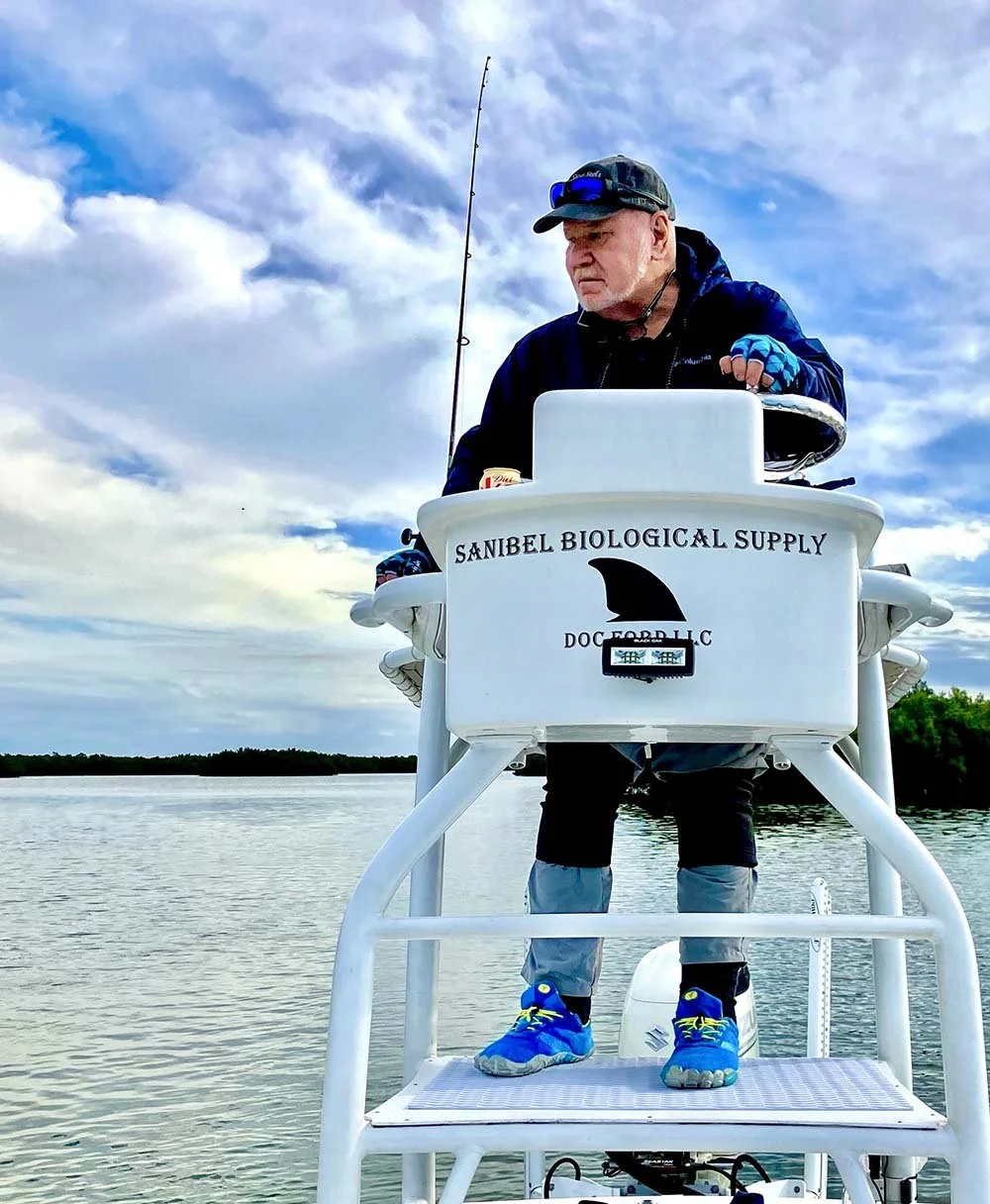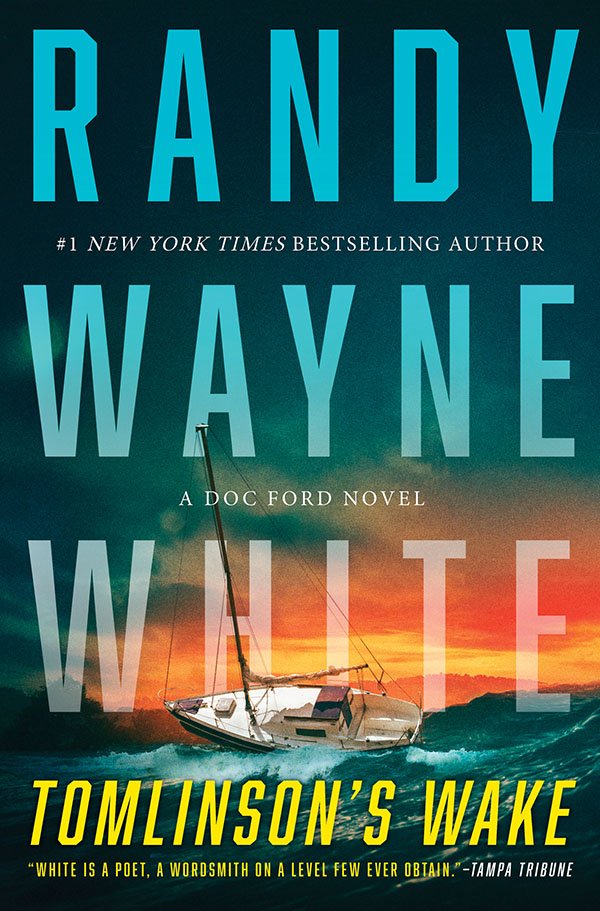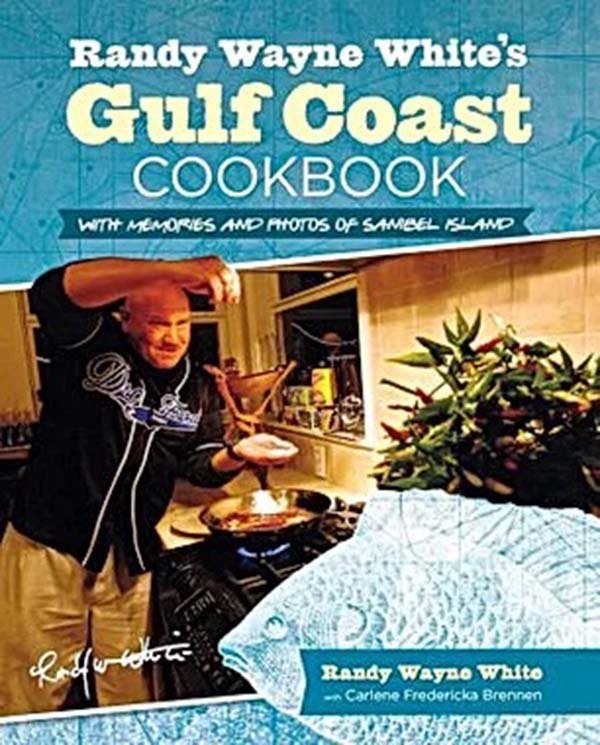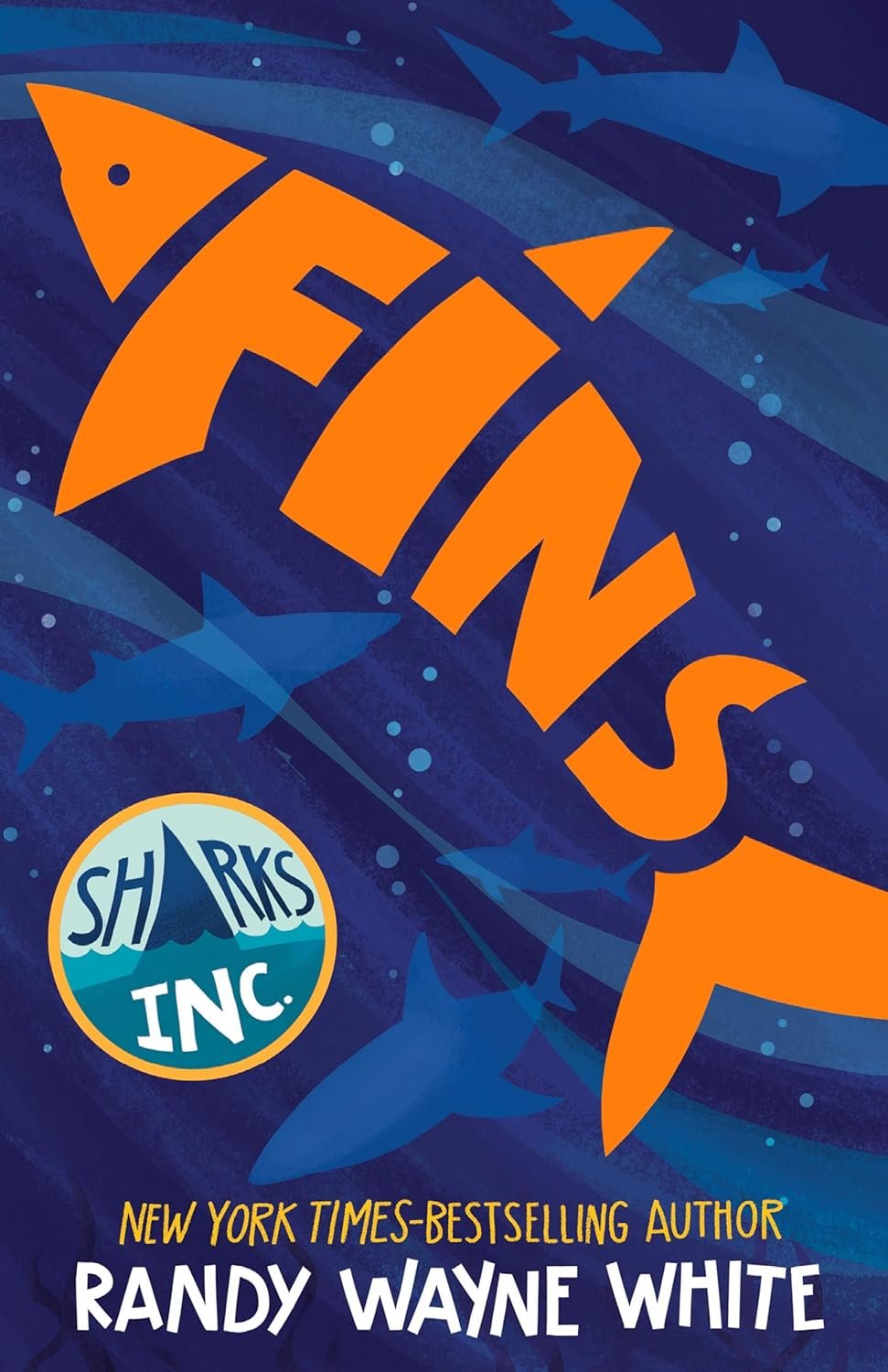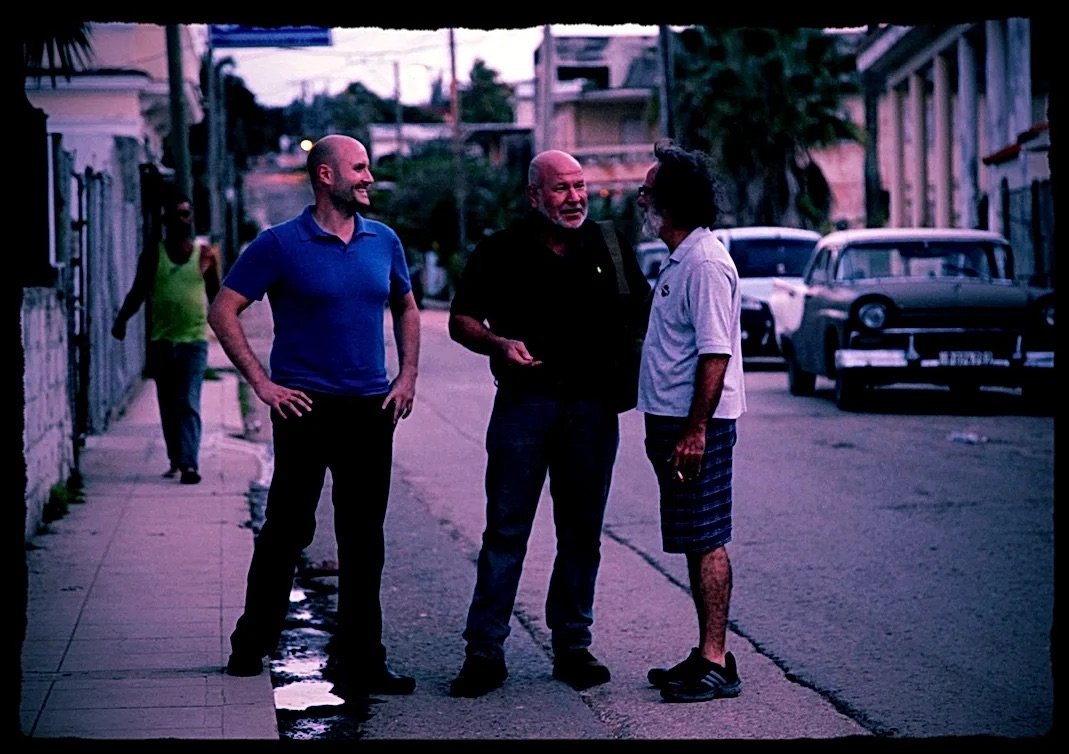the author
ABOUT RANDY AND TROPICAL BUMS LIKE US
In 1988, after more than a decade as a full-time fishing guide at Tarpon Bay Marina, Sanibel Island, the federal government decided to close our bay to powerboat traffic – permanently.
I was out of a job. Worse, I wasn’t qualified to do anything but drive a boat. As the father of two young sons, spooked by the financial disaster that loomed, I put my boat on a trailer and continued chartering from local hotels. By night, I sat at an old Underwood typewriter and bushwhacked my way toward a new path – that of a novelist.
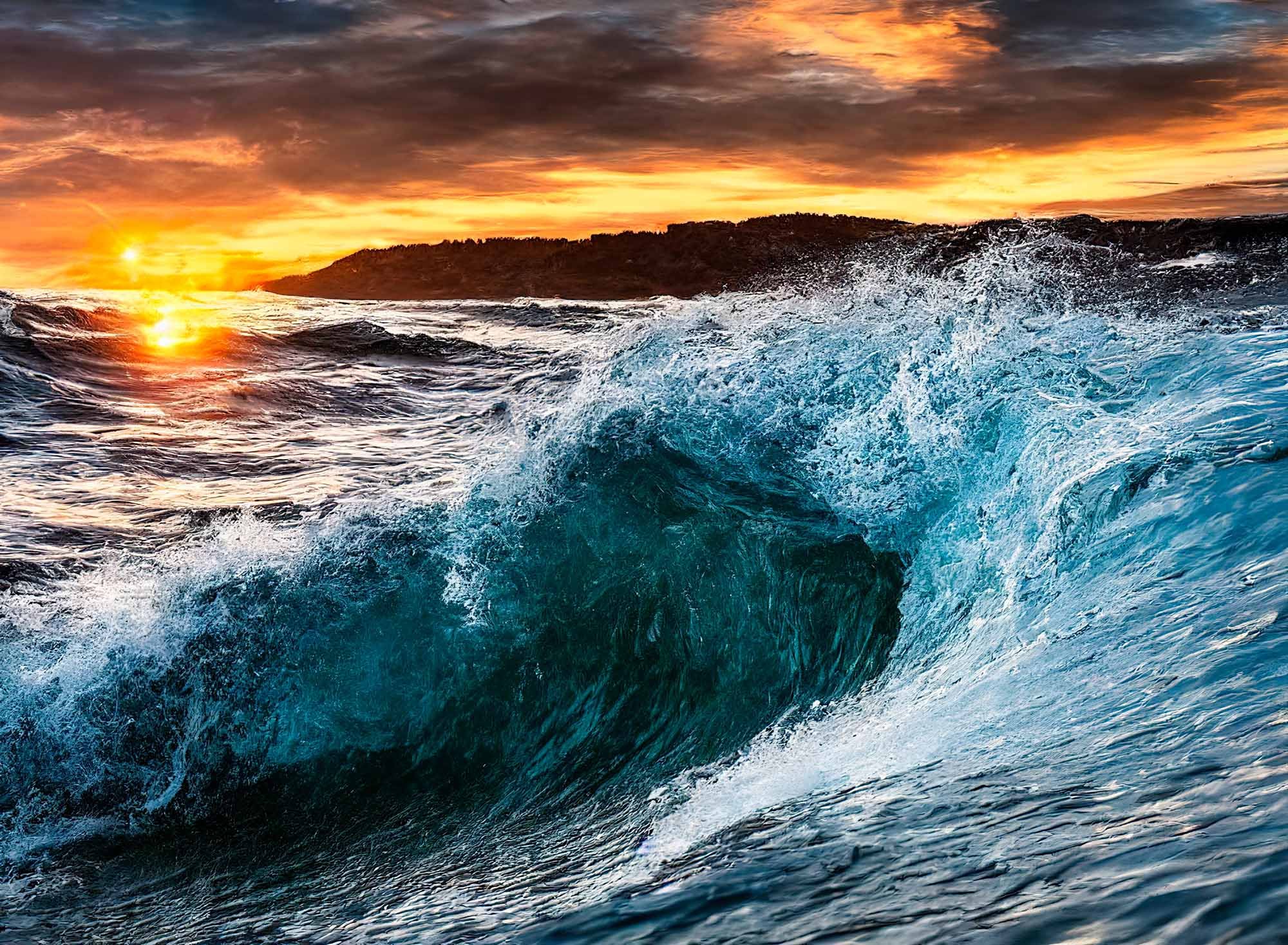
Don’t miss the newest release in the Doc Ford Series!
Tomlinson’s Wake
From New York Times-bestselling author Randy Wayne White, the latest thriller following Doc Ford and his perilous journey into Mesoamerica after a world-shattering earthquake threatens his squad's safety – and all of their lives.
“Don’t quit your day job,” a prospective agent warned me, unaware that I no longer had a day job.
It wasn’t the first time I’d made a bumbling decision and pushed ahead without a safety net, nor would it be the last. In truth, I’d been working at the craft of writing throughout my fishing career, and I’d had some luck. I’d sold a few articles to major magazines. I’d written a bunch of potboiler thrillers under pennames. But now the welfare of my family was at risk. Failure was not an option.
Six months later, I finished Sanibel Flats, the first novel which I felt was good enough to attach my real name. I packed the manuscript in a box and mailed it off to New York, unaware the fictional world I had created would fulminate, grow and expand over a period of three decades, and transform my life in a way that seems the stuff of dreams or incredibly good luck.
Both, I now realize. It is a rare day I do not wake up psyched to get to work. Twenty-eight Doc Ford novels later, I marvel at how the small fishing community I came to love during my years as a guide has, in the semi-fictional form of Dinkin’s Bay Marina, blossomed into a living, breathing universe for thousands of Doc and Tomlinson kindred.
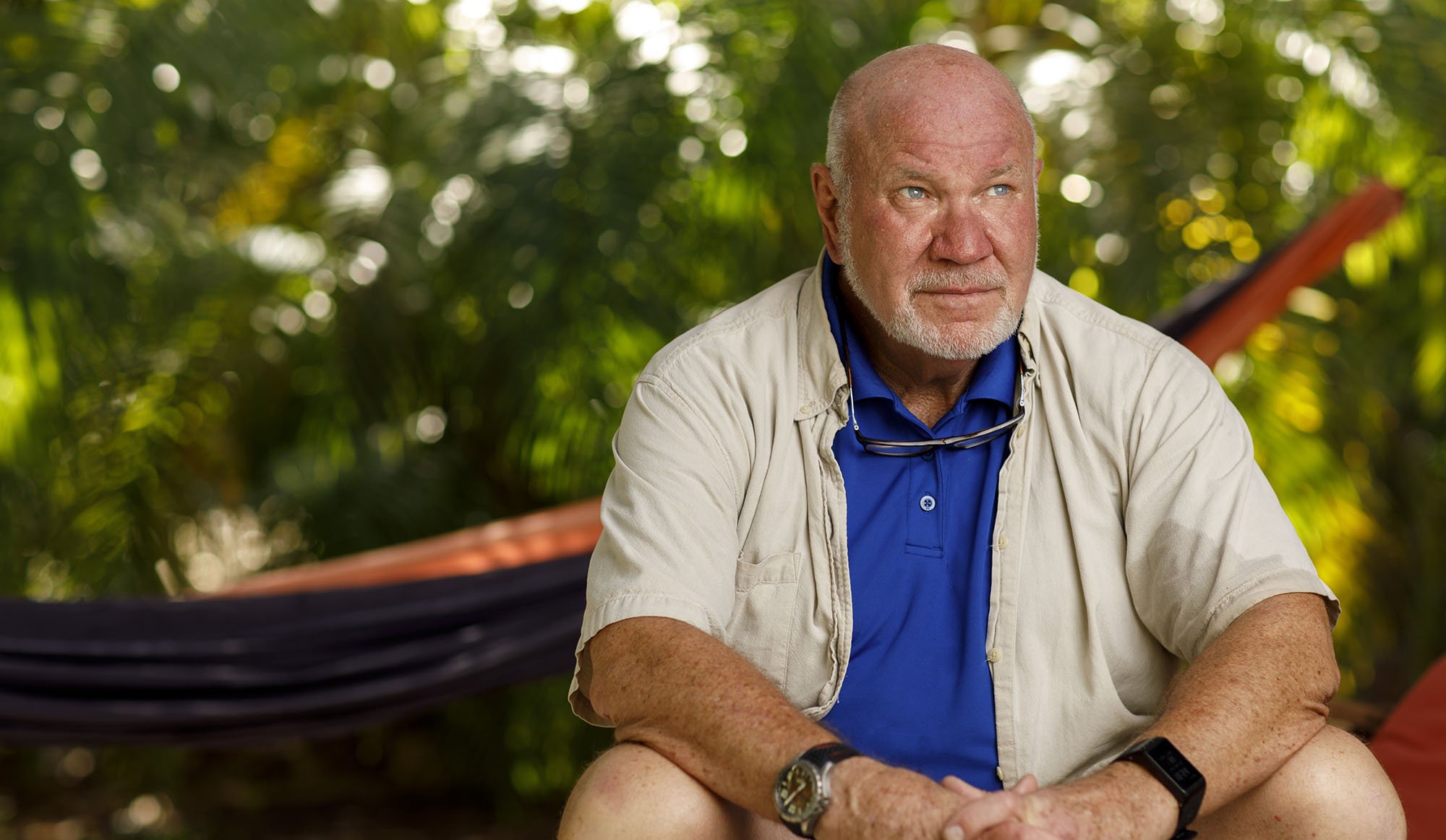
Yep, for better or worse, we are kindred. I see the spark of common sensibilities — and deviltry, too — in the faces of those who brave my book signings. We are, by nature, tropical bums, whatever our day jobs might be. We prefer wilderness and empty beaches to fantasy resorts.
We’re aware that, on the road, screw ups, goof ups and a faulty sense of direction often lead to adventure which is, in fact, what we seek — to hell with the destination. Destinations are always overrated. We have an affinity for cool t-shirts, hats, handmade marketplace curios and military-worthy travel gear. We’re outsiders with a ready smile, notebooks handy, and a pack fly rod on our shoulders, rigged and set to go.
The only downside to this cerebral linkage is that, on the book tour, and at the restaurants, too, I meet people I’d like to get to know better, but can’t due the constraints of time and social protocols. So, let’s get to know each other better here. The only taboo is politics and self-righteousness. There’s enough of both in the world, and not welcome within the laid-back confines of Dinkin’s Bay.
Frequently asked questions
-
Randy says the answer is “No — with a couple of exceptions. Mack really did run our marina during the years I guided at Tarpon Bay on Sanibel. My friend, Graeme Mellor, really did live on a Morgan sailboat, NO MÁS anchored just off the docks, and Jeth-sized Nick Clements was and is one of my best friends. Some of my fishing guide friends from those years also make brief appearances, and one of my baseball pals, Bill Spaceman Lee does, indeed, share kindred similarities with Tomlinson. Other than that, all fictional.” Randy adds a word of warning: “If someone tells you one of my characters is based on them, you can be certain it’s not true. I’ve just named the only exceptions.”
-
Randy says he enjoys speaking, and audiences love him, but he also says the hardest thing about writing now is finding uninterrupted time to write. He gives about 30 short talks a year during the spring book tour, and also schedules about five paid 30-45 minute motivational-style talks on subjects ranging from writing to travel, fishing and baseball. Contact Steve Grendon at: sanibelflats@yahoo.com
-
No. For legal reasons, Randy cannot and will not read manuscripts. But he's the most enthusiastic guy you’ll ever met when it comes to urging writers to write, and to be relentless if they want to publish.
Book series
Dusky MacMorgan
Latest Release
Grand Cayman Slam
Carl Ramm
Latest Release
Operation Norfolk
Hannah Smith
Latest Release
Seduced
Doc ford
Latest Release
Tomlinson’s Wake
Specialty
Latest Release
Gulf Coast Cookbook
Sharks Inc.
Latest Release
Fins

Don’t miss the newest release in the Doc Ford Series!
New York Times Best Selling Author Presents
Tomlinson’s Wake
Order your copy today!
From New York Times-bestselling author Randy Wayne White, the latest thriller following Doc Ford and his perilous journey into Mesoamerica after a world-shattering earthquake threatens his squad's safety – and all of their lives.
Praise for the Doc Ford Novels
-

“Anyone who insists mysteries can’t also be ‘real literature’ should be duct-taped to a chair and handed a novel by Randy Wayne White.”
WASHINGTON TIMES
-

“Packed with finely drawn characters, relevant social issues, superb plotting and an effortless writing style. White has produced a virtually perfect piece of work.”
DENVER POST
-

“White is willing to take risks, which is why he is one of the few best-selling authors today worthy of the title ‘writer.’”
FORT WORTH STAR-TELEGRAM


